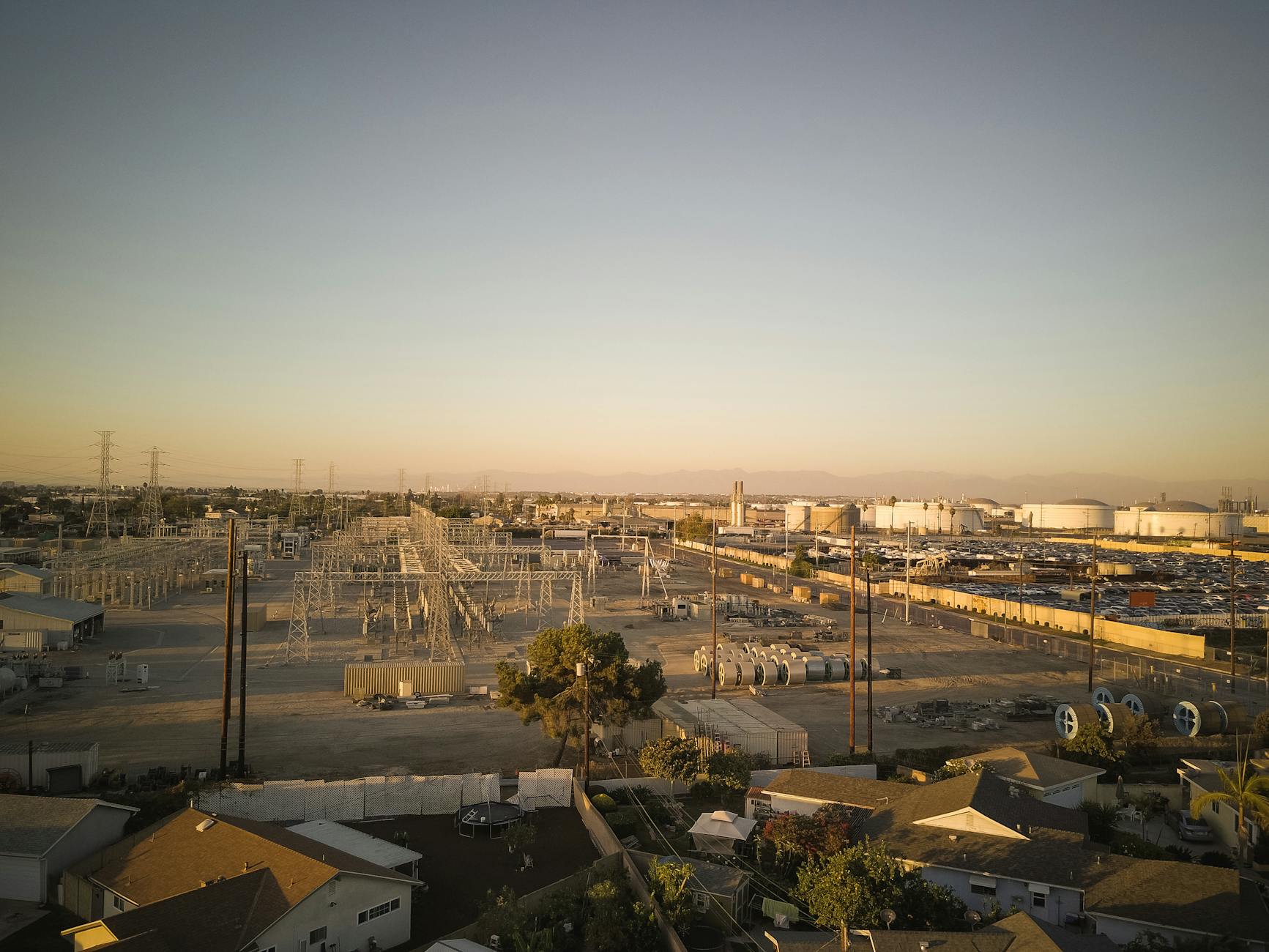In a world where sustainability and innovation have become paramount, the concept of tokenizing renewable power distribution through peertopeer networks is revolutionizing the way we think about energy consumption. By leveraging blockchain technology, this decentralized approach offers a transparent and efficient solution to the challenges facing traditional power distribution methods. But how exactly does tokenization pave the way for a more sustainable future?
The Rise of Green Energy and PeertoPeer Networks
The rise of renewable energy sources has paved the way for a more sustainable future, reducing our reliance on fossil fuels and mitigating the impacts of climate change. Peertopeer networks further enhance this transition by allowing individuals to trade excess energy directly with one another, bypassing centralized utility companies. This decentralized approach not only promotes energy independence but also fosters a sense of community and cooperation among participants.
Tokenization: Transforming Energy into Digital Assets
Tokenization, powered by blockchain technology, enables the fractional ownership of renewable energy assets. By converting physical assets into digital tokens, individuals can invest in green energy projects and receive proportional benefits in return. This innovative approach democratizes access to renewable energy investments, making it easier for individuals to support sustainable initiatives while earning rewards.
As we look towards a more sustainable future, the role of technology in driving innovation and progress cannot be overlooked. Blockchain technology, often associated with cryptocurrencies, is proving to be a gamechanger in the energy sector. By providing a secure and transparent platform for conducting transactions, blockchain facilitates the seamless exchange of energy between producers and consumers in a peertopeer network.
Creating a Futuristic Vision for Energy Distribution
The integration of blockchain technology and peertopeer networks opens up a world of possibilities for the future of energy distribution. Imagine a decentralized grid where individuals can generate, store, and trade energy autonomously, creating a selfsustaining ecosystem powered by green energy sources. This futuristic vision not only promotes sustainability but also empowers individuals to take control of their energy consumption and production.
Conclusion
Tokenizing sustainability through peertopeer innovation in renewable power distribution represents a paradigm shift in how we approach energy consumption. By embracing decentralized solutions and leveraging technology, we can create a more sustainable and resilient energy system that benefits both individuals and the planet as a whole. As we continue to explore new ways to harness the power of blockchain and green energy, the possibilities for a greener future are endless.
1. How does tokenization promote transparency in renewable power distribution?
Tokenization ensures transparent and secure transactions by recording energy exchanges on a blockchain ledger, allowing participants to track the source and flow of energy in realtime.
2. What are the key benefits of peertopeer networks in the context of renewable energy?
Peertopeer networks enable direct energy trading between individuals, promoting energy independence, community collaboration, and efficiency in power distribution.
3. Can anyone participate in tokenizing renewable energy assets?
Yes, tokenization allows individuals to invest in green energy projects regardless of their location or financial status, democratizing access to sustainable investments.
4. How does blockchain technology ensure the integrity of energy transactions in a peertopeer network?
Blockchain technology employs cryptographic algorithms and distributed ledgers to verify and secure energy transactions, preventing tampering and ensuring trust among participants.
5. What role do smart contracts play in peertopeer energy trading?
Smart contracts automate the execution of agreements between energy producers and consumers in a peertopeer network, enabling seamless and secure energy transactions without the need for intermediaries.
Tags:
sustainability, power distribution, futuristic transparent,